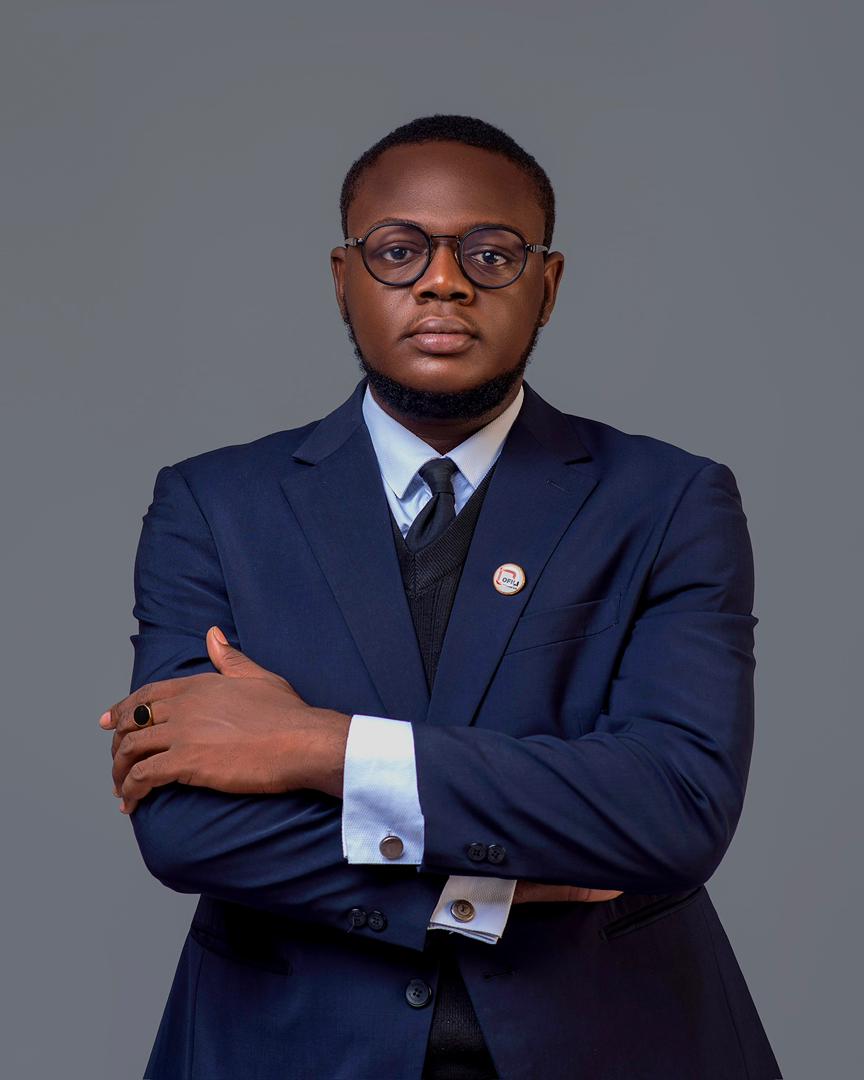It’s been years since the name Ochanya Ogbanje broke our hearts and tested our conscience.
A 13-year-old girl who should have been learning, laughing, and dreaming — instead, she suffered unspeakable abuse in the home of those who should have protected her. Her story was not fiction. It was a mirror held up to a system that too often fails the most vulnerable.
Ochanya’s life ended in October 2018, after years of sexual abuse allegedly by her guardian, a lecturer, and his son. She died from complications that doctors traced to that abuse.
Seven years later, the case is still a wound that Nigeria has not healed from — partly because justice came slow, and partly because it never really came.
The courts acquitted the lecturer, Andrew Ogbuja. His wife was convicted — not for the abuse, but for negligence.
The son, Victor, remains at large.
And somewhere between court files, adjournments, and technicalities, the cry of a little girl faded into legal dust.
But beyond the case, there’s a larger tragedy — how quickly we forget.
We move on.
The hashtags stop trending.
The outrage cools down.
And life continues as if nothing happened.
Justice delayed has become justice redesigned — stretched so thin that by the time it arrives, it’s hardly recognizable.
And while the system sleeps, violence learns to breathe again.
It adapts, multiplies, and hides behind culture, silence, and complicity.
Every time a victim’s voice is ignored, we teach a new predator that the system will protect him.
Every time a case drags for years, we tell survivors that speaking up is pointless.
Every time the law hesitates, society absorbs the cost in broken souls and muted screams.
This is not just about Ochanya anymore.
It’s about what her story demands from us — lawmakers, lawyers, teachers, parents, and peers.
It’s about building systems that respond swiftly and fairly.
It’s about ensuring that protection is not a privilege, but a promise.
The law cannot resurrect Ochanya.
But it can redeem itself.
By closing loopholes, by enforcing timelines, by making justice visible, not just written.
Because until we get that right, justice will remain a slogan, not a shield.
Seven years after, the question still stands —
When a child cries for help, how long should it take for the law to listen?
Aikoye Praise Ofili writes about justice, youth, and the soul of a failing system

